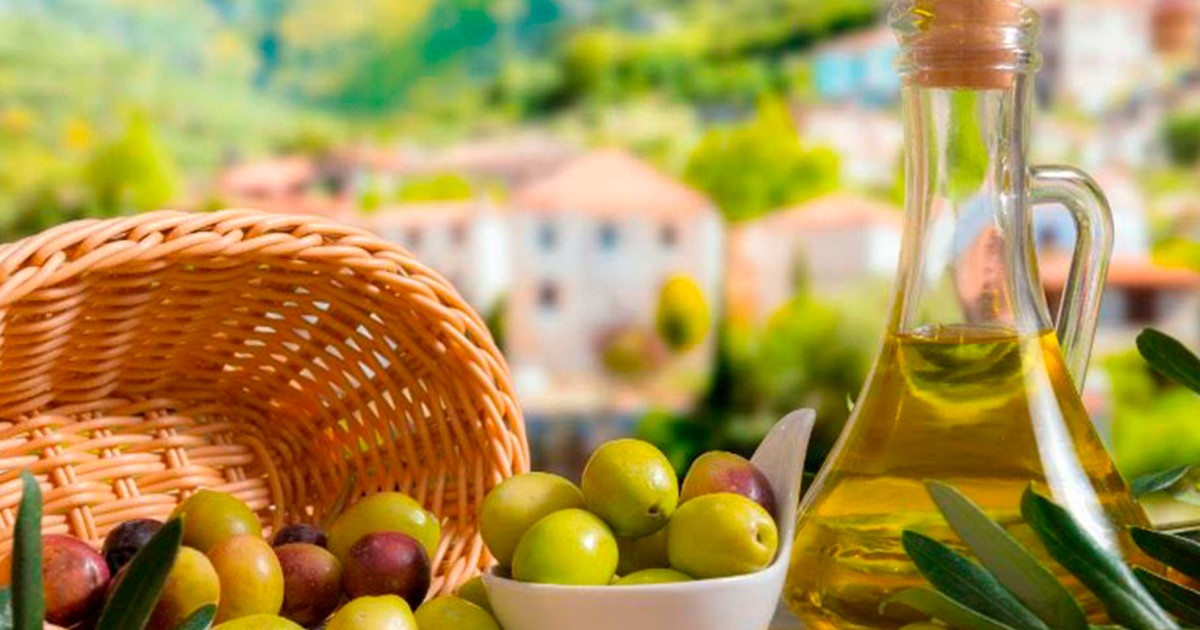Olive leaves contain an extraordinary amount of an acid that can be key to the treatment or prevention of diabetes and Alzheimer's, according to research by the Fat Institute that will soon begin testing its effects on people after good results in the laboratory.
This is oleanolic acid, present in olive pomace oil, which will be approved in coordination with the Virgen del Rocío hospital in Seville, in patients with type 2 diabeteswho will be provided for one year with an olive oil enriched with oleanolic acid that the Acesur company has produced for the trial, with financing from the State Research Agency.
We believe that we will be able to reduce pharmacological treatment, since it is better to alleviate a disease with diet than with medications alone,” said Dr. Javier Sánchez Perona, from the Fat Institute, based in Seville and belonging to the Higher Center for Scientific Research (CSIF). ).
Already in 2019, the Prediabole Study determined in prediabetic people that consuming olive oil rich in oleanolic acid prevented the development of the disease. After three years of intake, the probability of having diabetes was 45% lower in the group that received the oil with that extra compound.
The question they are now trying to resolve is whether it is capable of contributing to the treatment of the disease in those people who already suffer from diabetes, through the OLTRAD study developed by Sánchez Perona's team, a pioneer in the world.
High price
One of the circumstances resolved has been the price of oleanolic acid. Its cost on the laboratory-made market was this month at $1.62 million for just over two pounds, twenty-five times more than gold.
The Fat Institute developed and patented a simple method for obtaining high purity oleanolic acid from olive leaves. “So simple that even children can obtain it with homemade materials with an acceptable degree of purity”says the researcher.
Oleanolic acid defends the olive tree from attacks by microorganisms and is found in the fruit, but especially in the leaf, where it can reach up to 3.5% in dry matter.
It has been estimated that 25% of an olive tree's weight is due to its leaves, so a one metric ton olive tree could contain approximately 2 pounds of the compound.
Olive pomace oil, a variety especially rich in oleanolic, is little consumed in Spain, although the country is the world's leading producer. It is obtained as a byproduct when producing virgin oil, extracting the remaining oil with organic solvents, and then refining it.
Alzheimer's
Pomace oil is also in the focus of this research team to treat another disease, Alzheimer's. “What we propose is that the bioactive compounds in pomace oil could help prevent or slow it down,” says Sánchez-Perona.
Tests on people are pending the recruitment of volunteers, in collaboration with the Valme hospital (Seville).
The link between diabetes and Alzheimer's is a line of work, not fully corroborated by science, exposed by a US research group that even considers this brain degeneration as a new diabetes, type 3. The key is insulin, that regulates glucose concentrations in the blood.
Insulin
Neurons need fuel, and the essential fuel is glucose. Insulin acts like a bell on the door of cells. When that bell rings, the cell opens the door for glucose to enter. Without that bell, even if there is abundant glucose in the blood, the cell does not open the door. And, therefore, it does not receive fuel,” explains the scientist.
When the cell receives more glucose than it needs, it generates insulin resistance, which is why insulin resistance, in addition to promoting excess blood sugar, promotes the formation of plaques characteristic of Alzheimer's.”
“If we can deliver the bioactive compounds in pomace oil to the brain, they could reduce inflammation. It is something that is supported by in vitro studies, which have been magnificent.” Sánchez Perona is convinced that oleanolic participates in many physiological processes and can be used for various diseases.
“The olive tree nourishes us, but it also heals us; We can truly consider that it is giving us gold in every drop of oil that we extract from it.”
(With information from EFE)
:
ALZHEIMER AND DEMENTIA ARE NOT THE SAME: THESE ARE THE DIFFERENCES
DIABETES MEDICATION COULD SOLVE OVERWEIGHT PROBLEMS IN TEENAGERS

